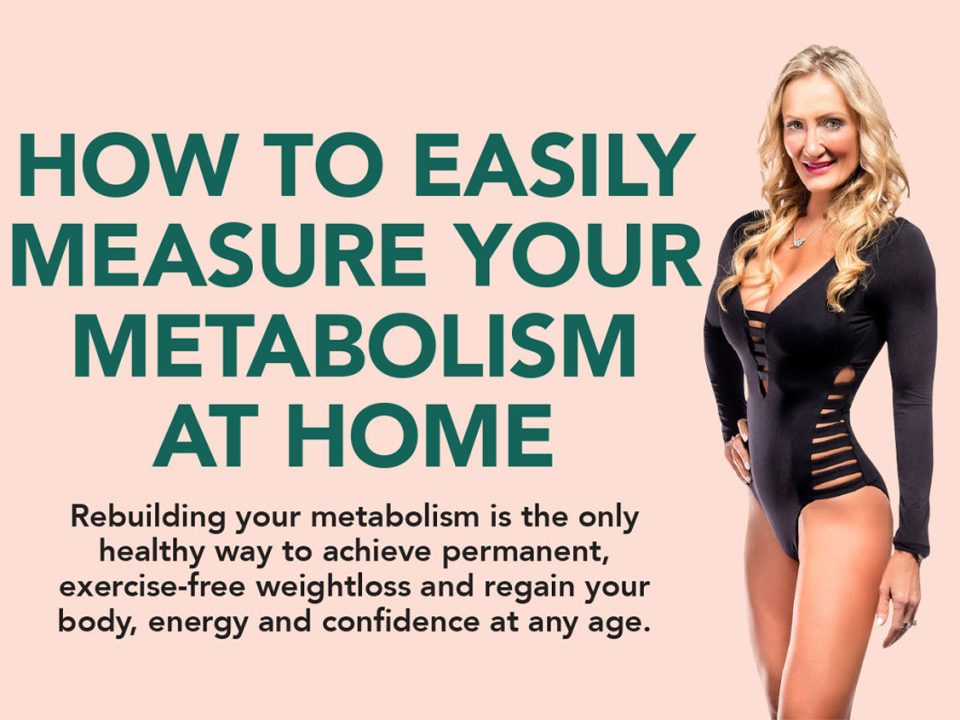
How Physical & Emotional Stress Makes You Overeat & Derails Your Weightloss Progress
20/01/2022
Can’t Lose Weight? Slow Metabolism? It Maybe Poor Thyroid Health
16/05/2023The Epidemic Of Slow Metabolisms & Weight Gain

A famous beach pic from the 1970s – before obesity was a thing.
The adult obesity rate in the 70’s was 13.4 percent. In the 80’s it was 15 percent. If fast food was making us fatter, it wasn’t by very much.
Today, the number of Australians who are overweight and obese is staggering, with more than 14.56 million overweight people – that’s 2 in 3 Aussies. And obesity (defined as being over 30% above ideal body weight) has nearly tripled since 1975.
A study published recently in the journal Obesity Research & Clinical Practice found that it’s harder for adults today to maintain the same weight as those 40 years ago did, even with the same levels of calorie intake and exercise.
So why was it easier to maintain a healthy weight back then?
We aren’t born with a slow metabolism. Did our DNA dramatically change over the last 50 years? Are we eating more? Are we moving less?
One would think that with access to an array of magic weightloss supplements, diets, gyms, PT’s, get fit options, new superfoods, ready-made meals, challenges and low-fat, sugar-free, no-carb, low-salt, gluten-free, lactose-free ‘health’ products, we’d all be sporting six-packs – yet we are more overweight and sicker than ever before. Surely there must be more to the obesity epidemic than just eating less and moving more.
If you ask me the real epidemic is the epidemic of slowing metabolisms.
How does your metabolism slow?
I believe there are a few major reasons why your metabolism down-regulates:
- PUFAs (polyunsaturated fatty acids): they have an anti-thyroid effect on the body which slows down your metabolism. They reduce energy production, slow down fat loss, increase inflammation, accelerate ageing, disrupt hormonal balance and increase the risk of degenerative illnesses. They are imo the primary cause of weight gain.
- Complex carbohydrates: they cause weight gain because they spike your insulin which encourages glucose to be more likely stored as fat. They cause inflammation, block proper protein and nutrient digestion and contain PUFAs which inhibit proper metabolic function.
“Complex carbs, rather than sugars are a reasonable way to promote obesity”. – Dr Ray Peat.
- Overtraining and under eating: if you’re already hypo-metabolic, undernourished and stressed, training more and eating less will plummet your thyroid function, therefore metabolic rate further. In this stressed state your body will just retain more salt, fluid and fat and your metabolism will try to compensate by slowing down to maintain your current weight.
- Yo-yo dieting for years: being on a constant calorie deficit is a sure way to down-regulate your thyroid function and metabolic rate, because your body will just adjust its metabolic rate to your minuscule food intake, making maintaining weight impossible and weight gain inevitable.
- Low carb and keto dieting (and fasting): removing all sugar, can have detrimental effects on your health ranging from sluggish liver and poor detoxification, reduced thyroid function, slow metabolism, bacterial overgrowth, hormonal imbalances, increased oxidative stress, digestive issues, systemic inflammation, accelerated ageing and degeneration and an inability to lose weight no matter how much you exercise and how low your calories and carbs are. Sugar is a basic anti-stress thyroid supporting and metabolism enhancing substance. When you stop eating sugar, the body starts turning itself into sugar, which comes at a very high price. Glucose is non-negotiable! Your body requires it because it’s the only fuel source.
- Snacking constantly: the most dominant characteristic of people who lose weight AND keep it off is they don’t snack! Snacks contain a tonne of anti-thyroid therefore anti-metabolism ingredients, they are calorie dense and are eaten mindlessly on the run.
- Not cooking at home: opting for convenience (UberEats, eating out, take-away, ready-made meals) rather than making your meals at home is associated with a higher percentage of body fat and not just because you’re eating more. Take away food is calorie dense because of the amount of fat it contains – the exact fat (PUFA) that reduces thyroid function and your metabolic rate because they become more toxic when you cook with them as they oxidise so easily. When you don’t cook most of your meals at home, you virtually have zero control over your food quality or quantity. Every single restaurant and cafe and all pre-packed meals and most packaged foods all contain PUFA fats – because they’re cheap to produce and food manufacturers make a tonne of money. In fact, I challenge you to find a non-homemade meal that doesn’t contain PUFA fat #impossible
But, all this aside, no matter how damaged you think your metabolism is, you can get better. You just need the right tools, a desire to change, guidance and patience. And you simply CANNOT achieve permanent weightloss without making metabolic health a priority. It’s scientifically impossible!
“A higher metabolism not exercise makes people naturally thin”. – Dr Ray Peat.
Join BodyIQ to rebuild your metabolism so it burns calories at rest, rather than stores them as fat and to help you regain your health, vitality, energy and a body you’ll be proud of at any age. It’s the only way to achieve permanent, exercise-free weightloss without sacrificing your health.

Article by Kinga Fourie
Certified Nutritionist, BodyIQ Founder & IFBB Figure Champion




